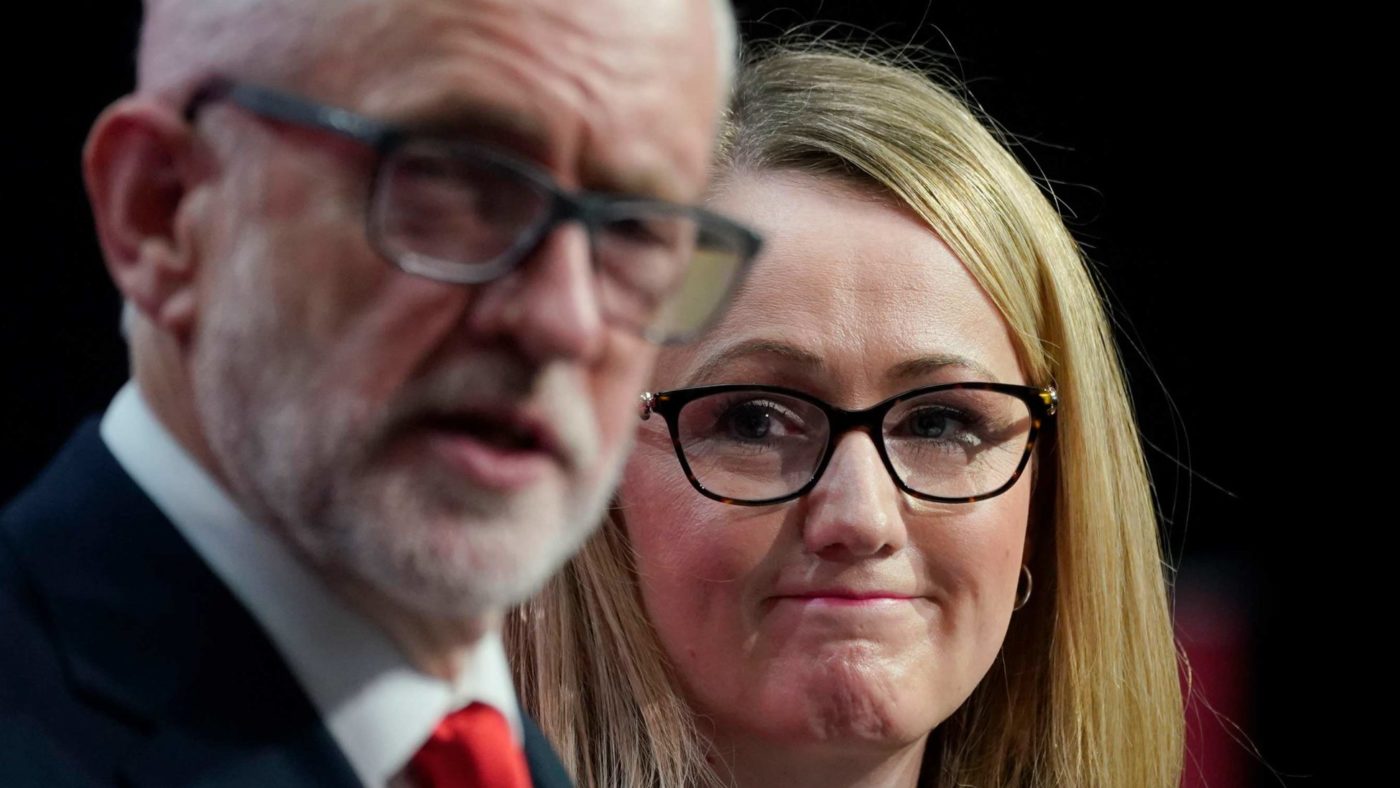The Labour leadership race is now well underway, and while the opposition continue the difficult election post mortem, the rest of us have the luxury of watching from a distance.
It is not uncommon in a leadership contest to see the other side egg on the candidate that they feel is the most easily defeatable at the next election, especially when that side is as confident as the Tories are now.
Many on the centre-right will be tempted by this approach. After all, in the end things worked out very well for the Conservatives with Corbyn at the helm. Not only did he entirely fail to stop Brexit, but his dismal leadership ensured a much more emphatic election victory than most Tories would have dreamt of even a few months before.
If the Labour Party wants to double down on Corbynism by backing a ‘continuity Corbyn’ candidate then why shouldn’t Conservatives, classical liberals and other assorted free marketeers not encourage them, and take another lump out of them in 2025? Indeed, there have been reports of Tories taking this logic to its natural conclusion and signing up to back Rebecca Long-Bailey, the Corbynites’ candidate of choice.
But there are good reasons for Conservatives with both a small and big ‘c’ to avoid going down this path.
First and foremost is the risk of a hard leftwinger actually getting into power. Remember, we came perilously close in 2017 to having a group of Marxists in the driving seat. There’s every chance a successor whose ideas are just as economically disastrous could succeed where Corbyn failed if she manages to make themselves a bit more palatable to the electorate.
As much as those on the centre-right would like to believe that the election result was purely about a rejection of Corbyn’s absurd policy agenda by the sensible British public, it was equally – if not more so – down to a desperation to get Brexit done, and to a personal antipathy towards Corbyn himself on the part of many voters. Neither will be an issue at the next election, and that’s before we come to the effects on a weary electorate of 15 years of Conservative prime ministers. If Labour do end up with a continuity Corbyn leader, the ideas rightwingers were so glad to see defeated in December will be back in play in a few years’ time, almost certainly under a leader the public find less repellent than Corbyn himself.
And if the opposition is as poor under Long-Bailey as it was under Corbyn – which is a pretty high bar – that’s hardly something to get excited about. Even Conservative loyalists should be wary of an opposition that doesn’t learn from its mistakes, and the effect that has on the government. It is better for all involved when the leader of the opposition is competent, somewhat sensible, and does not have decades of extremely questionable affiliations and alliances. This is a privilege we have not been afforded for the past four years, but is much needed now.
There’s also a key point about effective government here. Knowing that your ideas are going to face proper scrutiny in the Commons and on the airwaves is a crucial part of keeping ministers on their toes and making sure bad ideas are ironed out.
Those on the centre-right should hope that this leadership contest produces a sensible, centre-left Labour leader who can hold the government’s feet to the fire when necessary and provide a plausible alternative at the ballot box. This would keep the Conservatives on their toes and encourage a strong, distinctive centre-right agenda.
Opponents of socialism must not let a historic victory tempt them into the worst excesses of blind partisanship. Corbynism has been thoroughly defeated and ought to be consigned to the dustbin of history, even if that does make things harder for the Conservatives next time around.
Click here to subscribe to our daily briefing – the best pieces from CapX and across the web.
CapX depends on the generosity of its readers. If you value what we do, please consider making a donation.


